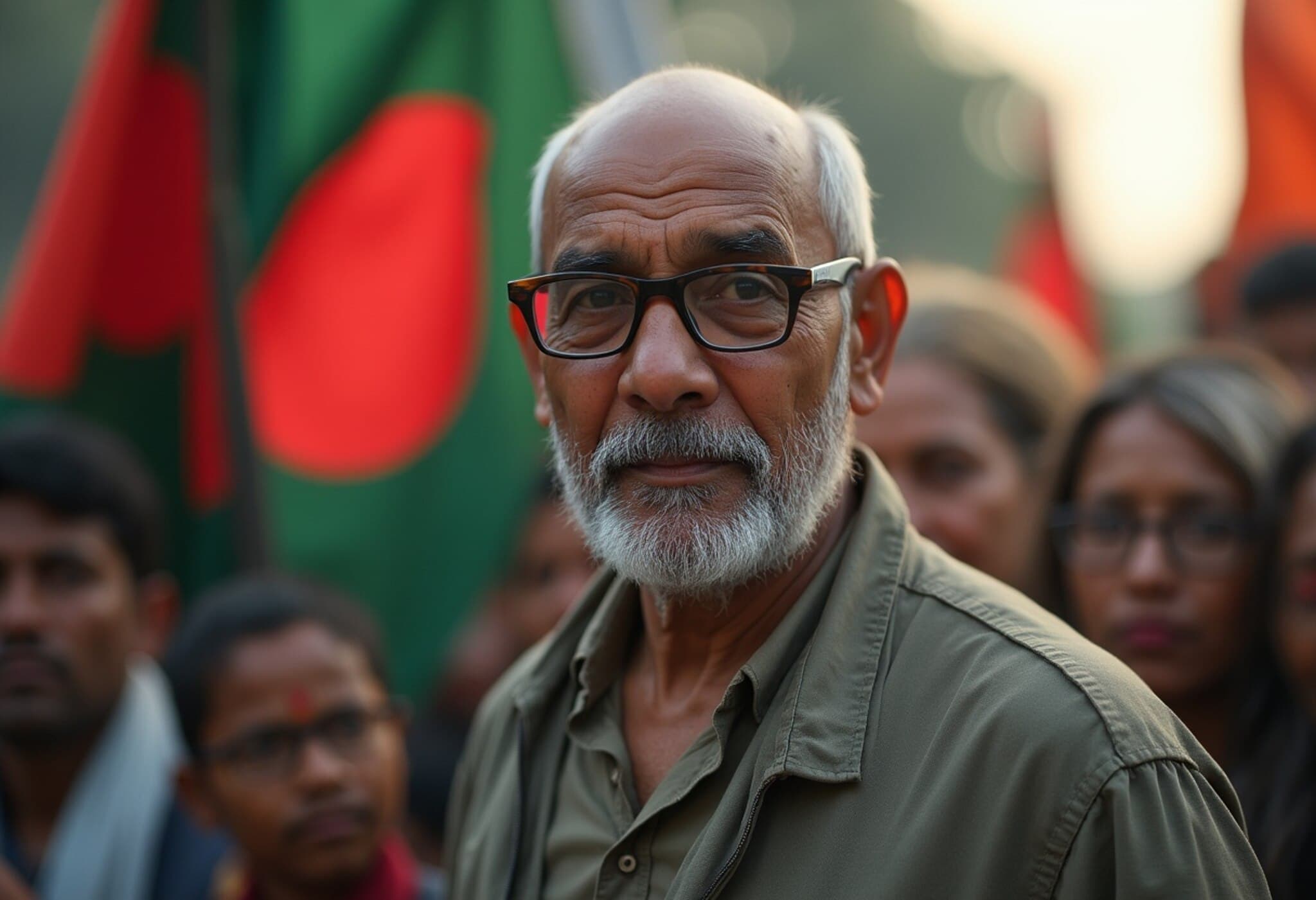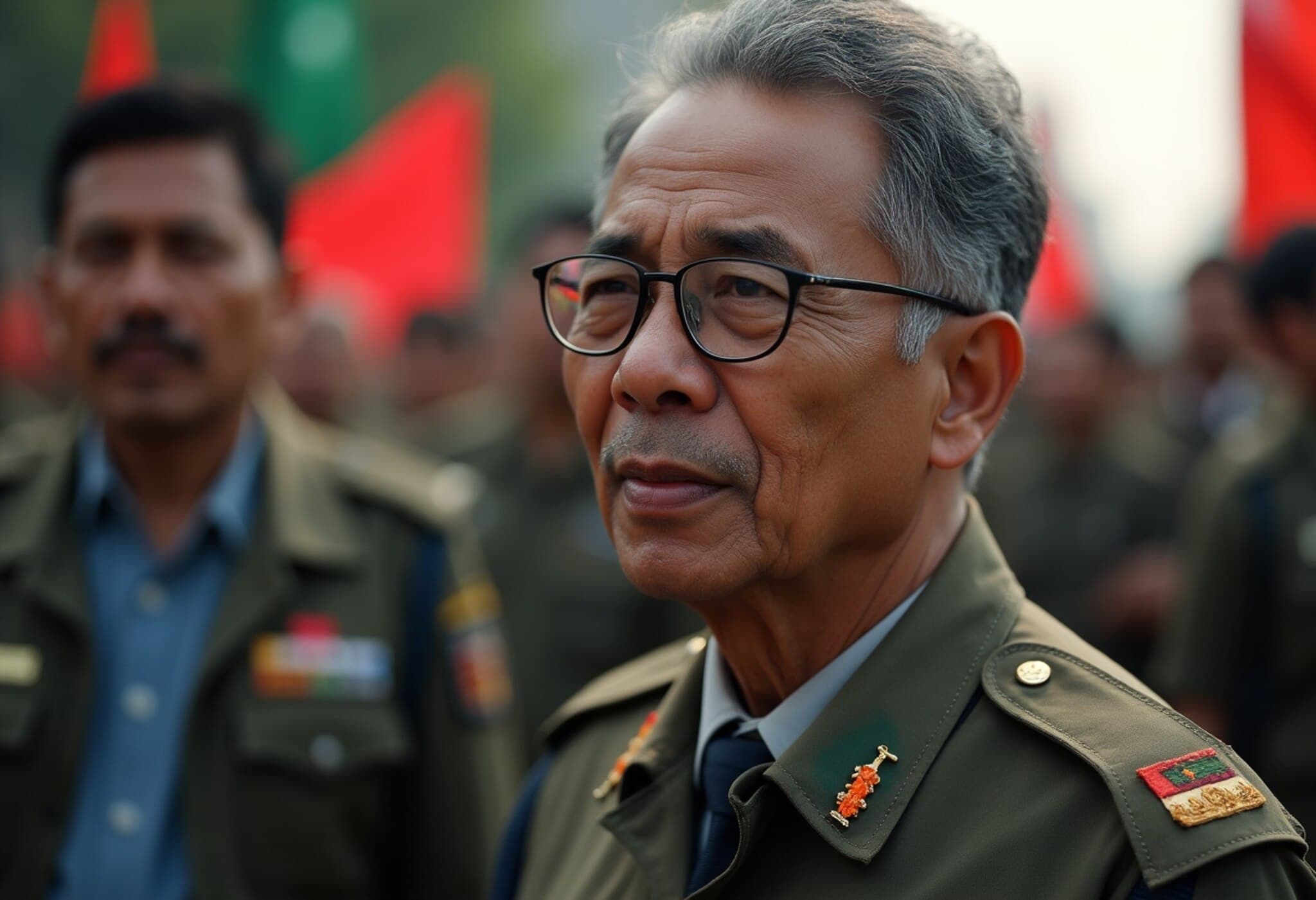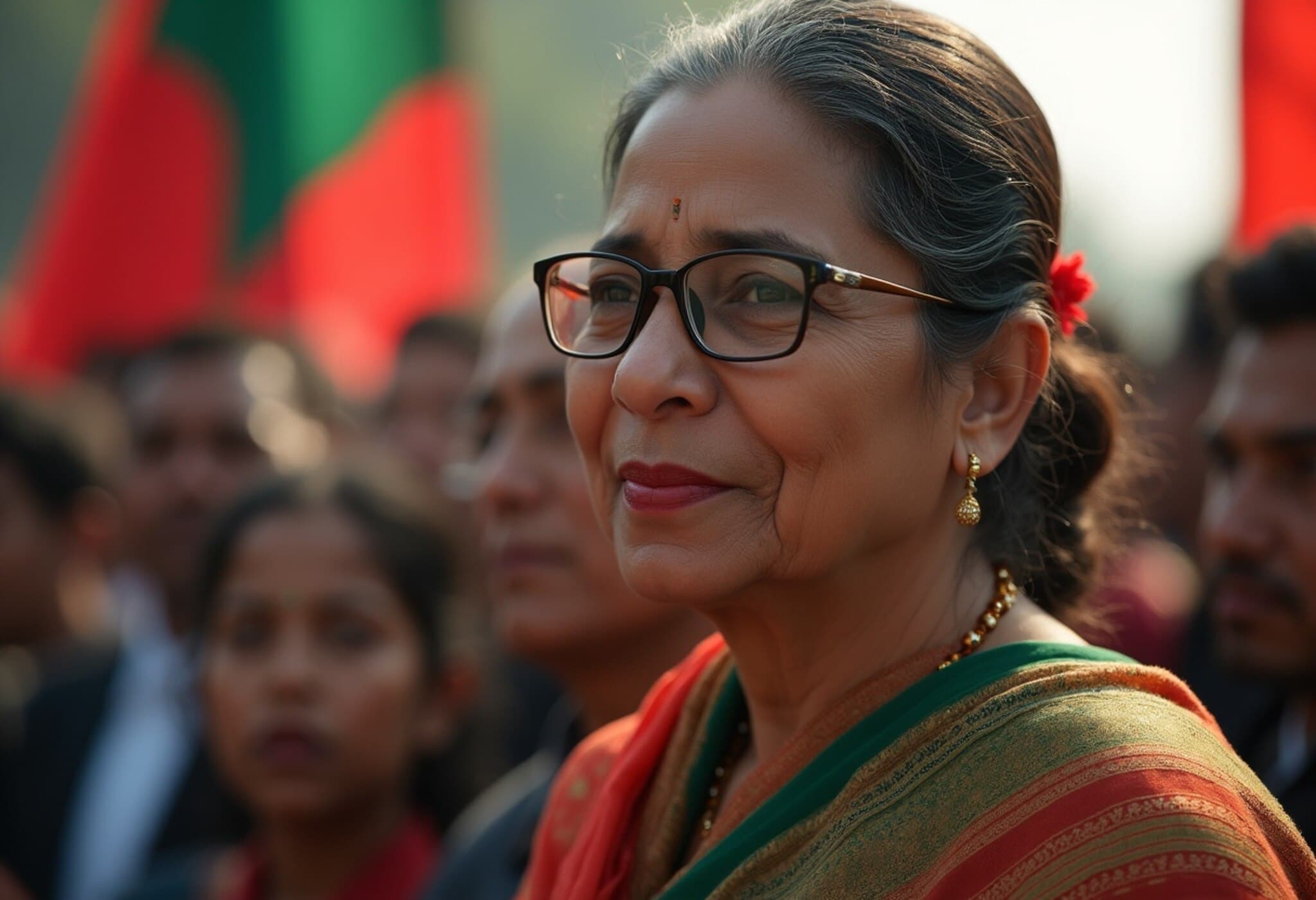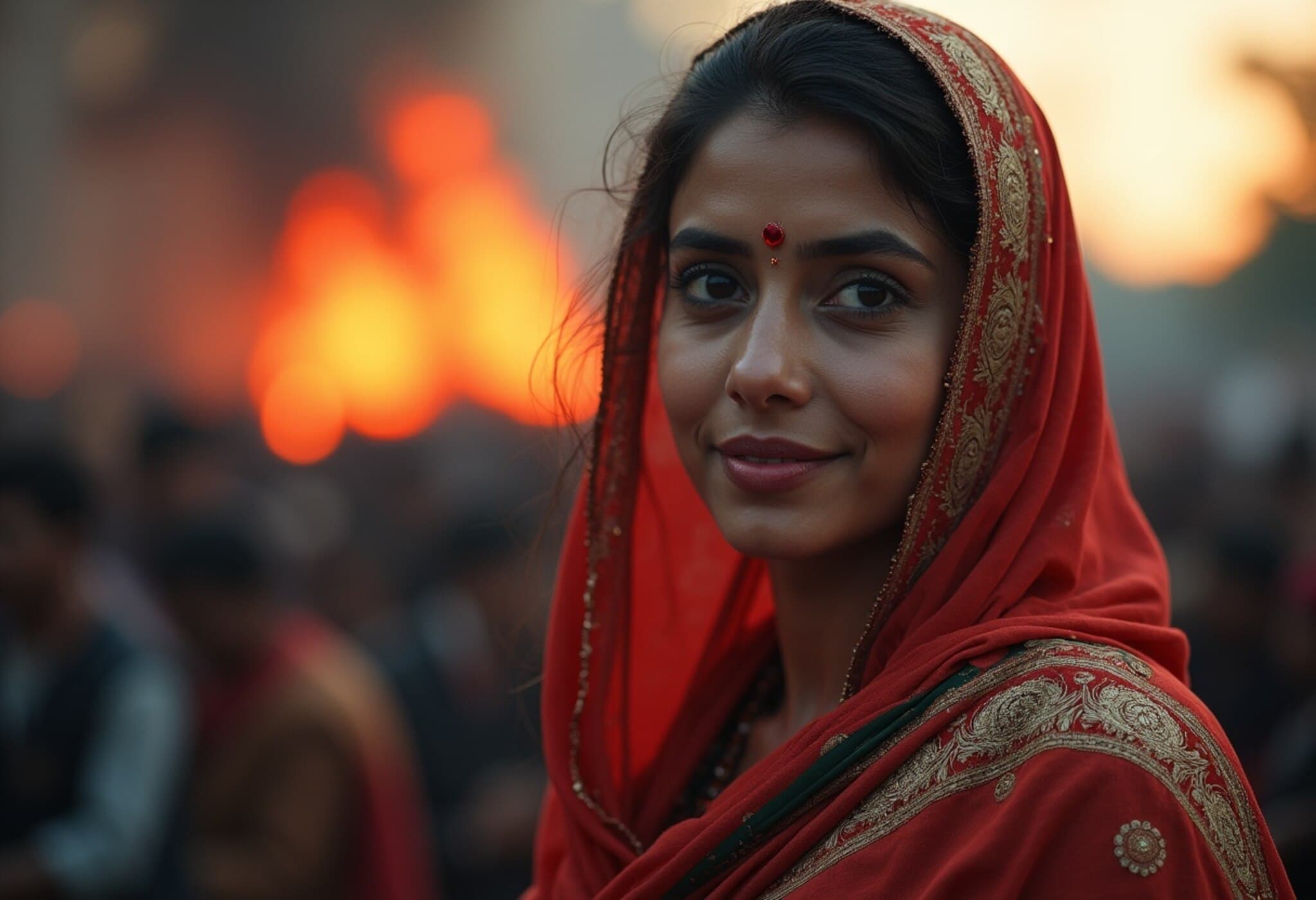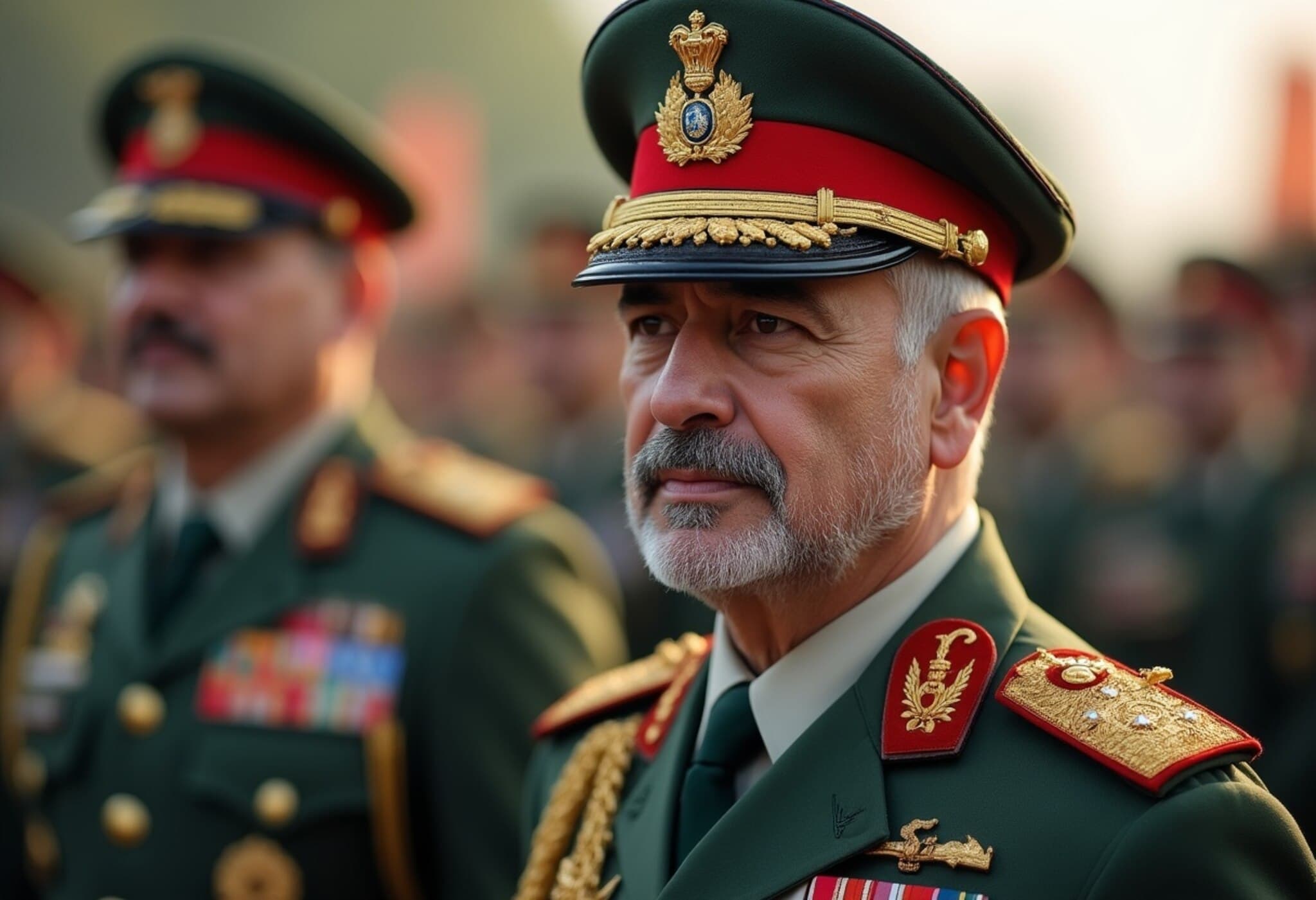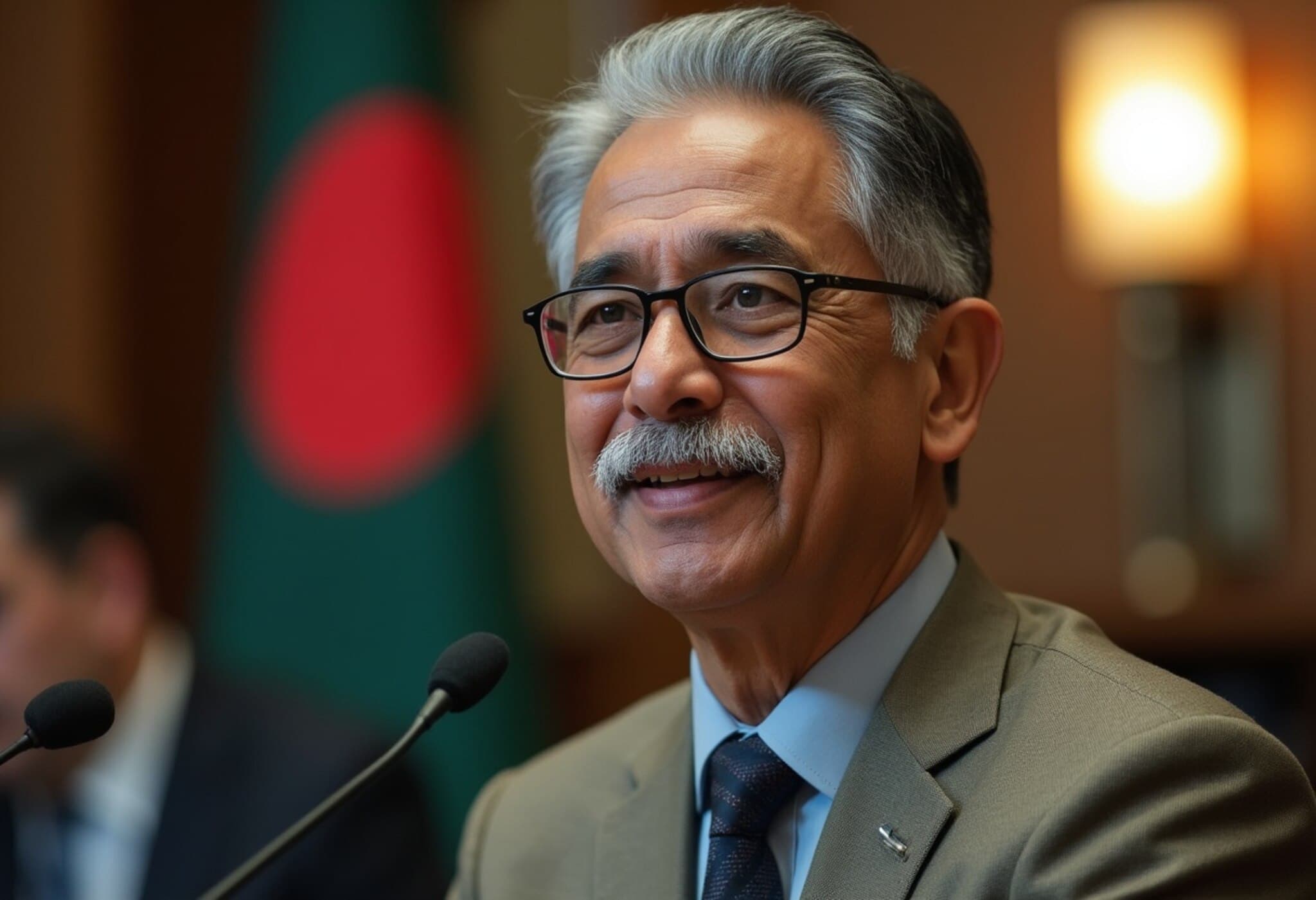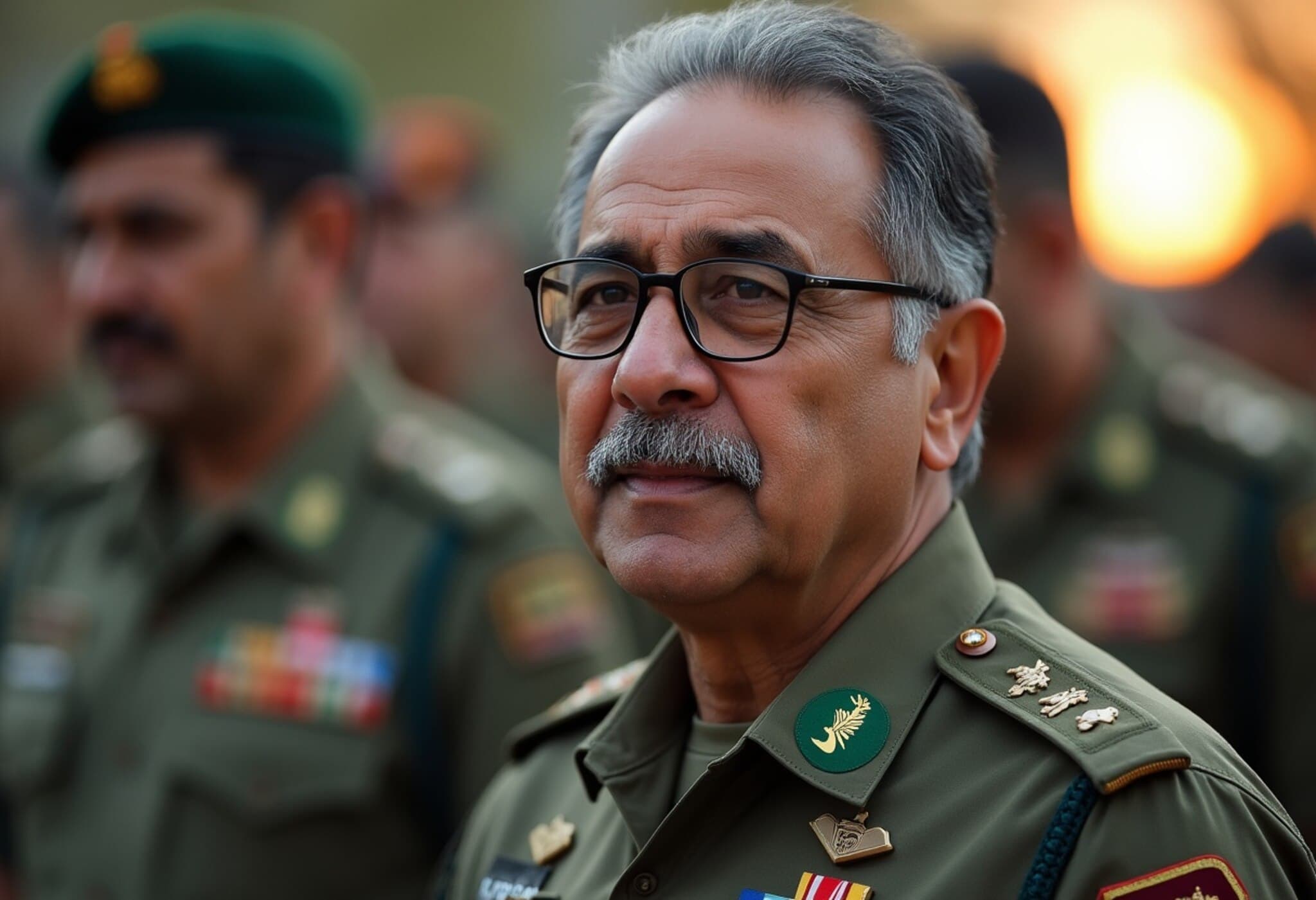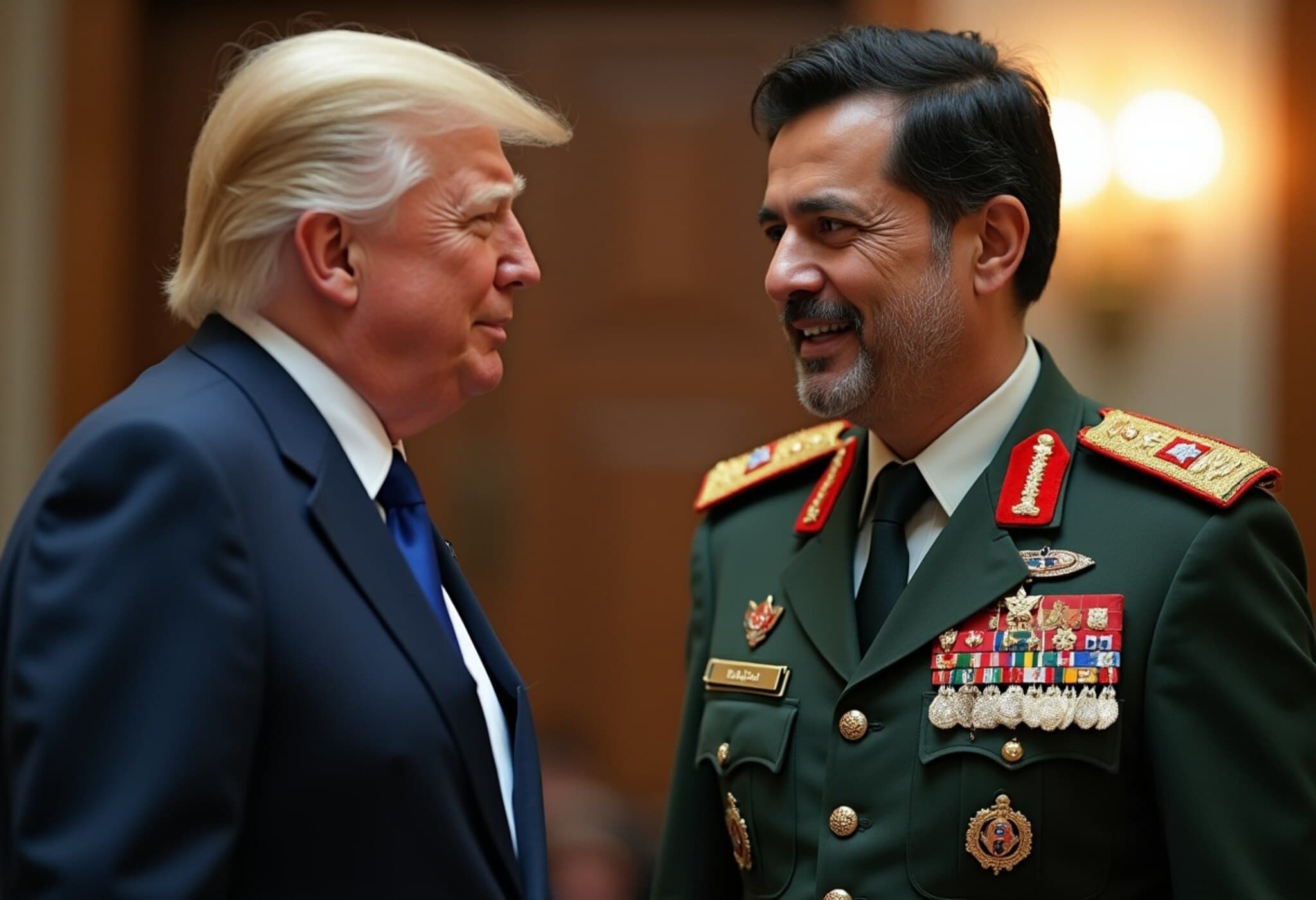Bangladesh Schedules General Elections for February 2026
Bangladesh is gearing up for its 13th parliamentary elections, slated tentatively for the first week of February 2026. The country's Chief Election Commissioner (CEC), AMM Nasir Uddin, unveiled this timeline recently but emphasized significant challenges remain in ensuring the elections are free, fair, and wholly impartial.
Election Commissioner Acknowledges Public Distrust
Speaking from Rangpur district, Uddin candidly admitted a troubling erosion of public confidence in the electoral system and governing election authorities. "People have lost confidence in the election system, the Election Commission, and the administrative machinery involved in the electoral process," he told the state-run Bangladesh Sangbad Sangstha (BSS).
Despite these doubts, Uddin assured that the Election Commission is actively working to restore trust, promising to uphold strict compliance with Bangladesh’s electoral laws and regulations. The exact election date is expected to be officially announced two months prior to the polls.
Context: Political Upheaval and Interim Government
The election announcement comes against a backdrop of significant political change. In August 2024, following the unexpected ousting of Prime Minister Sheikh Hasina and her Awami League government, Nobel Laureate Muhammad Yunus was appointed head of the interim administration. Yunus' government declared earlier that the elections will be held in February 2026, marking a crucial democratic milestone amid a fragile political climate.
Law and Order: Stable but Vigilance Needed
Addressing concerns often raised by rights organizations about security, the CEC painted a cautiously optimistic picture of current law and order. He noted that the situation is stable and that steps are underway to bolster security to ensure peaceful, fear-free voting.
Political Realignments: BNP Emerges as Leading Force
With the Awami League sidelined following the political upheaval, the Bangladesh Nationalist Party (BNP), led by self-exiled acting chairman Tarique Rahman, has gained prominence. The BNP recently announced it will participate in the upcoming elections alongside allied parties.
The party is undergoing strategic repositioning, distancing itself from previous allies like the far-right Jamaat-e-Islami, who had been part of earlier coalitions. Political analysts interpret this move as an effort to cultivate a more moderate, youth-friendly, and civil society-acceptable image ahead of the elections.
Emergence of New Political Entities
The political landscape continues to evolve with new players like the National Citizen Party (NCP), born from a splinter group of the Students Against Discrimination (SAD), the activist movement that played a pivotal role in the 2024 protests leading to the government change.
Analyzing the Challenges Ahead
While Bangladesh’s commitment to holding elections is clear, the country faces multifaceted obstacles:
- Rebuilding voter trust: Years of electoral dissatisfaction have left voters disengaged. Re-engaging them requires transparent processes and credible institutional reform.
- Maintaining political stability: The recent power shifts have reshuffled alliances and created uncertainty about the balance of power.
- Ensuring security and fairness: Despite current stability, the risk of unrest or electoral intimidation remains a concern, demanding robust law enforcement and impartial oversight.
These challenges underscore the delicate democratic juncture Bangladesh currently navigates — a test not just of administrative capacity but of the country’s political maturity and institutional resilience.
Expert Perspective: What’s at Stake
Renowned political analyst Dr. Farhana Rahman notes, "Bangladesh’s upcoming elections will be a litmus test for the country’s democratic health. Restoring voter confidence goes beyond administrative tweaks—it requires tangible commitments to justice, transparency, and inclusivity. The global community and domestic stakeholders alike should watch closely, as the outcomes will significantly shape South Asia’s political trajectory."
What This Means for Bangladesh and Beyond
For international observers and investors, a credible election is vital to signaling political stability and policy continuity. For citizens, it represents hope for a restored voice and participation in shaping their future. However, the electoral process must bridge the growing divide between political factions and society’s demands for accountability.
Editor’s Note
Bangladesh is at a pivotal crossroads. As February 2026 approaches, questions remain: Can the Election Commission overcome voter skepticism to deliver credible elections? Will new political alliances foster a more inclusive democracy, or deepen polarization? Observers should focus on these dynamics as they will profoundly influence Bangladesh’s governance and democratic evolution in the coming years.

